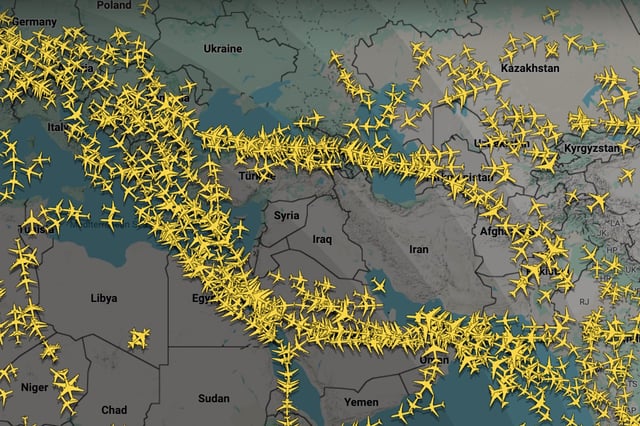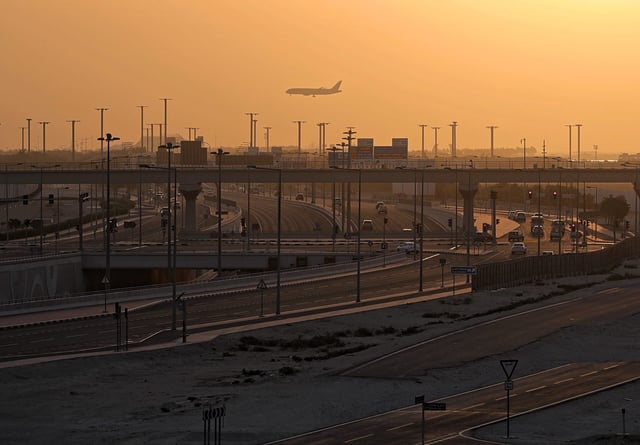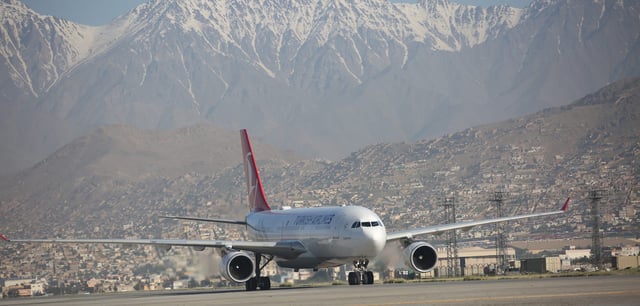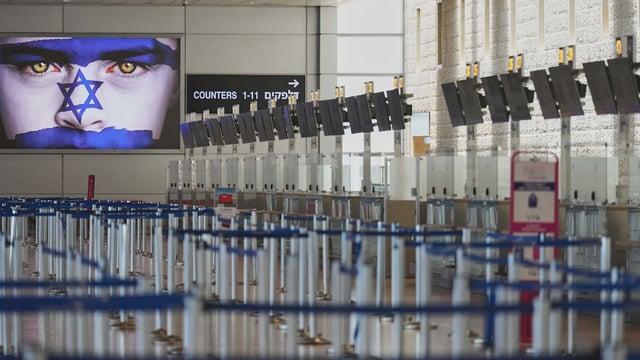Overview
- Since Iran closed its airspace on June 13, overflights of Afghanistan have surged by nearly 500 percent, according to Flightradar24.
- The Taliban collect a flat fee of $700 on each diverted flight, generating an estimated $5.9 million in monthly revenue.
- Aircraft must maintain 15-minute separation in designated corridors because Afghanistan has no comprehensive air traffic control.
- The European Aviation Safety Agency warns that flights below 32,000 feet in Afghan airspace face heightened risks from potential extremist attacks on unsecured facilities.
- Limited ground infrastructure and scarce spare parts leave airlines vulnerable to emergencies or unexpected landings in Kabul and other Afghan airports.



